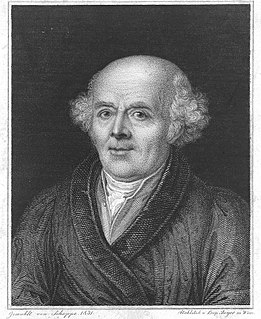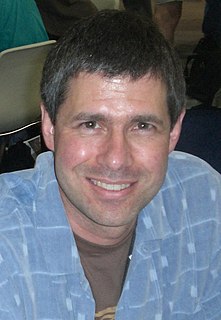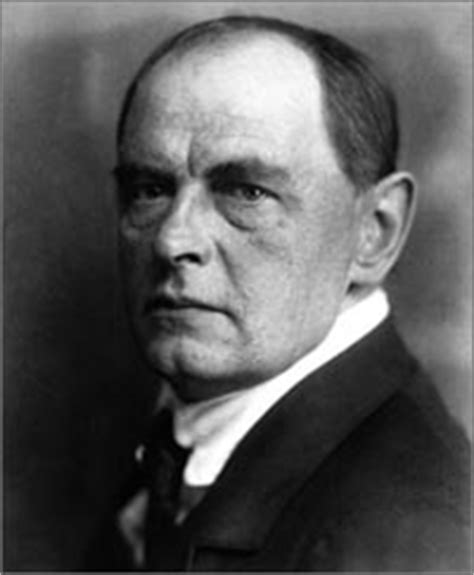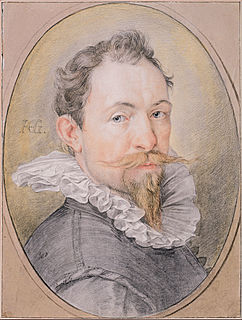A Quote by Hippocrates
The physician must have at his command a certain ready wit, as dourness is repulsive both to the healthy and the sick.
Related Quotes
There is a certain point of unity within the self, and between the self and its world, certain complicity and magnetic mating, a certain harmony, that conscious mind and will cannot direct. Perhaps analysis and the separate mastery of each element are required before the instincts are ready to assume command, but only at first. Command by instinct is swifter, subtler, deeper, more accurate, more in touch with reality than command by conscious mind. The discovery takes one's breath away.
The Christian Bible is a drug store. It´s contents have remained the same but the medical practice continues. For 1,800 years these changes were slight--scarcely noticeable... The dull and ignorant physician day and night, and all the days and all the nights, drenched his patient with vast and hideous doses of the most repulsive drugs to be found in the store´s stock. He kept him religion sick for eighteen centuries, and allowed him not a well day during all that time.
Poesy must not be drawn by the ears: it must be gently led, or rather, it must lead, which was partly the cause that made the ancient learned affirm it was a divine, and no human skill, since all other knowledges lie ready for any that have strength of wit; a poet no industry can make, if his own genius be not carried into it.
Much of your pain is self-chosen. It is the bitter potion by which the physician within you heals your sick self. Therefore trust the physician, and drink his remedy in silence and tranquility: For his hand, though heavy and hard, is guided by the tender hand of the Unseen, And the cup he brings, though it burn your lips, has been fashioned of the clay which the Potter has moistened with His own sacred tears.




































